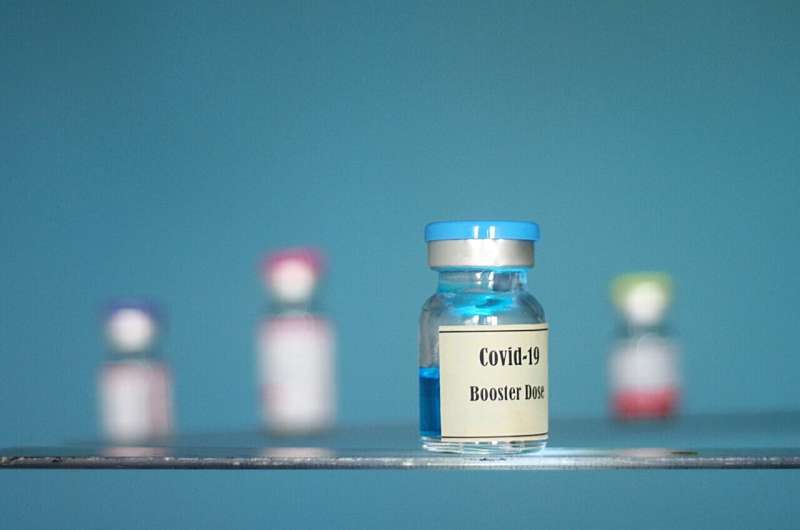US govt advisers vote no to Pfizer Covid boosters for ages 16 and up


Leading US medical experts advising the government voted against recommending booster doses of Pfizer’s Covid-19 vaccine for everyone aged 16 and up, citing concerns about potential side-effects in younger age groups.
Following a day of data presentations and debate, the panel of vaccinologists, infectious disease researchers, and epidemiologists voted 16 to 2 against the measure, but left the door open to agreeing to a third shot for older people.
“While I would probably support a three dose recommendation for those over 60 or 65, I really have trouble supporting this as written for anyone greater than or equal to 16,” said Paul Offit of The Children’s Hospital in Philadelphia.
The decision represented a rebuke to President Joe Biden’s administration, which had announced a plan to start rollout of booster shots this month before consulting its scientific agencies.
But a number of experts expressed reservations about whether they are required, amid concerns over global inequity, and possible increased risk of rare side effects, including myocarditis (heart inflammation) seen especially in younger males.
The Food and Drug Administration (FDA) struck a cautious tone in documents released ahead of Friday’s meeting where an independent panel has been convened.
“Overall, data indicate that currently US-licensed or authorized Covid-19 vaccines still afford protection against severe Covid-19 disease and death in the United States,” the FDA said in its briefing document.
Peter Marks, a senior FDA scientist who opened the meeting, asked participants “to focus our deliberations on the science… and not on operational issues related to a booster campaign or on issues related to global vaccine equity.”
Following the vote, the panel’s chairman said they would formulate a new question on whether to approve the vaccine among an older group, for example over-65s, where the risk-benefit profile differs greatly.
It will then turn to another committee convened by the Centers for Disease Control and Prevention (CDC) on September 22-23 to decide on how to proceed with rollout.
Continued efficacy against hospitalization
At the meeting, Pfizer officials cited studies that demonstrated waning immunity against infection several months out from the first two doses.
“The demonstrated safety and effectiveness of a third dose support adding a booster dose to the vaccination schedule,” said Donna Boyce, Pfizer’s senior vice president of global regulatory affairs.
But a growing body of US research—including a dataset presented by Pfizer itself at Friday’s meeting—has shown two doses continue to confer high protection against severe outcomes, and this was highlighted by many of the panelists.
Pfizer also presented data showing boosters increased antibody levels against the Delta variant.
Sharon Alroy Preis, an official with Israel’s health ministry, presented data from her country which ran a booster campaign after experiencing a Delta wave, and has approved boosters for everyone aged 12 and up.
“Administration of booster dose helped Israel dampen severe cases in the fourth wave,” she said.
Source: Read Full Article